Financial planning has never been an easy task. With the global pandemic of COVID-19 this task has increasingly become an exercise in uncertainty. With uncertainty, there is an additional need to find new and improved approaches for scenario planning.
Develop Multiple What-If Scenarios Quickly
The key to developing multiple what-if scenarios quickly is automating labor-intensive planning and budgeting processes. By automating and centralizing company financial and operational data the financial team can more easily produce budgets and forecasts. Finance teams are able to create more models and generate collaborative reports.
Rapidly Adjust and Refine Scenarios
NetSuite Planning and Budgeting facilitates adjusting and refining both company-wide and departmental budgeting scenarios.
Integrated Planning, Budgeting and Forecasting
NetSuite Planning and Budgeting automates labor-intensive planning and budgeting processes and centralizes company financial and operational data, so finance teams can quickly and easily produce budgets and forecasts, model what-if scenarios and generate reports within one collaborative scalable solution.
Oracle Netsuite Budgeting and Planning
Within one collaborative, scalable solution, supporting revenue and expense projections providing added insights to scenario planning. Synchronization with NetSuite enables financial and operational data to be used throughout the entire scenario planning process and eliminating the need to transfer data manually. Pre-built reports and templates make it fast and easy to get your budget process set on the right path.

Track Performance Over Multiple Time Horizons
With multiple scenarios in hand it is important to track the performance over multiple time horizons.
A time horizon, also known as a planning horizon, is a fixed point of time in the future at which point certain processes will be evaluated or assumed to end. wikipedia
Agreeing on common time horizons, identifying the right combination of moves and real options is critically important when collaborating with your team.
Identify KPI’s and Trigger Points
It's easy to fall into the trap that all Key Performance Indicators (KPI) are important but it's essential to identify and track a handful of the most relevant. The most relevant KPI's would be those that trigger business and operational drivers. Depending on the organization, these could include customer retention, attrition rate (churn), available cash or inventory on hand.
Recap:
- Develop mulitiple what-if scenarios
- Rapidly adjust and refine scenarios
- Track performance over multiple time horizons
- Identify KPI’s and trigger points
Want to Know More?
If you would like a free consultation please contact Gerard at Redhill Business Analytics
More articles Scenario Planning here


